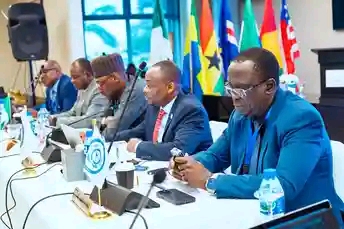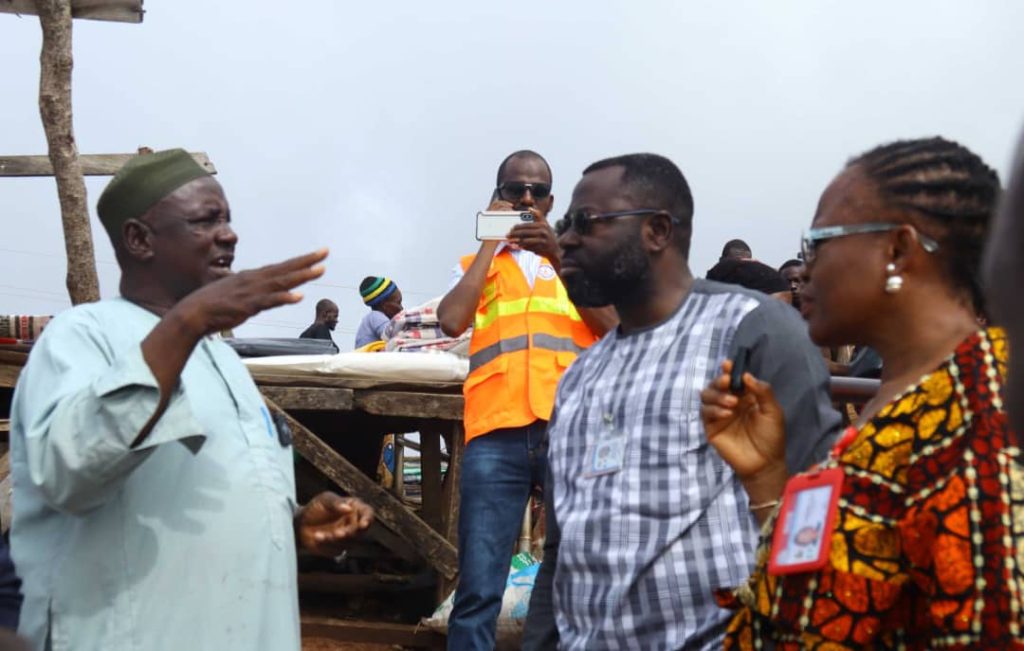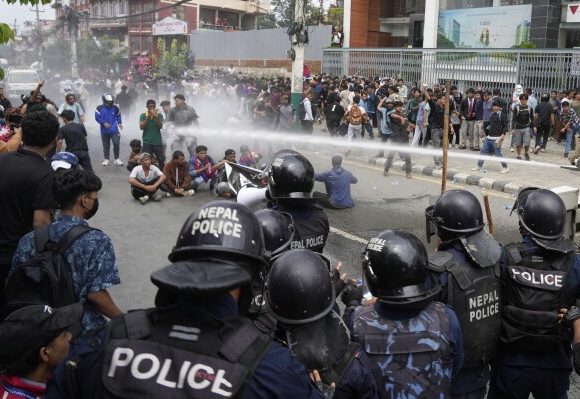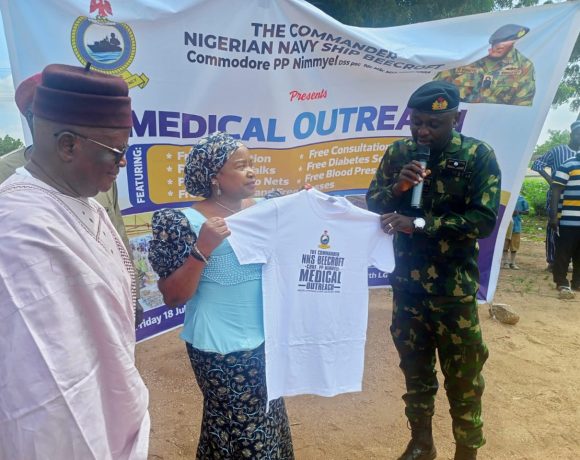Unifying Nigeria’s Transport Safety: The Promise and Challenge of NSIB’s Multimodal Mandate

Nigeria
Opinion
Nigeria’s transport sector is a complex and often perilous network where daily tragedies—whether on congested roads, aging railways, unpredictable waterways, or in the skies—underscore the urgent need for a robust safety oversight system.
The creation of the Nigerian Safety Investigation Bureau (NSIB) in 2022 symbolizes a bold ambition: to transcend fragmented accident investigations and establish a single, authoritative body that unifies safety oversight across all modes of transport. But can NSIB truly bridge the deep divides that have long hampered transport safety in the country?
Born from the Aviation Investigation Bureau, NSIB now commands a sweeping mandate to investigate accidents involving aviation, rail, roads, maritime, inland waterways, and pipelines. Under the leadership of Director General Captain Alex Badeh Jr., NSIB aims to leverage data-driven insights and standardized investigation protocols to safeguard Nigerian lives and infrastructure. This vision resonates with international best practices embodied by entities like the United States National Transportation Safety Board, offering hope for a cohesive framework that tackles root causes rather than surface blame.

However, the tragic Shiroro boat disaster in July 2025 casts a spotlight on the formidable obstacles ahead. The capsizing of an overloaded wooden vessel claimed 13 lives, including an entire family—only seven passengers wore life jackets, revealing glaring enforcement gaps despite longstanding safety regulations. This incident exposed the harsh reality that ambitious institutional reforms must contend with entrenched legal ambiguities, overlapping jurisdictional claims, and widespread public indifference to safety protocols.
During the July 2025 multimodal workshop in Abuja titled “Strengthening Transport Safety Standards Through Collaboration,” these challenges were openly debated by sector leaders and regulators. Retired Vice Admiral Dele Ezeoba expressed sharp criticism of existing Memoranda of Understanding (MOUs) between agencies, describing them as “mere handshakes” lacking the legal force to break down protective turf wars. He emphasized the dire need for enforceable legislation to ensure NSIB’s authority genuinely transcends agency boundaries, warning that without such backing, NSIB’s draft regulations for rail, maritime, and aviation might remain ineffective paperwork in a fractured system.

The complexity of NSIB’s multimodal responsibilities amplifies the urgency. Each transport mode demands highly specialized investigative approaches—rail accidents require engineering expertise, maritime incidents involve environmental forensics, and road crashes necessitate human factors analysis. Moreover, legacy institutions frequently resist ceding control. Engineer Seyi Sijuwade, former head of the Nigerian Railway Corporation, highlighted the problematic practice where rail operators conduct self-investigations, resulting in compromised transparency and trust. He advocated for NSIB’s independent oversight and the creation of digitized, publicly accessible accident databases to enhance accountability and informed decision-making.
Public engagement emerges as another critical dimension of transport safety reform. Witnesses to hazards and near misses often remain silent due to absence of protective mechanisms or accessible reporting channels. Sijuwade proposed empowering citizens as active “safety sentinels” through secure, user-friendly platforms—transforming passive observers into stakeholders committed to national safety improvements. Such bottom-up participation would complement NSIB’s top-down regulatory efforts.
Institutionally, NSIB’s current placement under the Ministry of Aviation raises concerns about perceived partiality, especially from rail and maritime sectors. Air Commodore Dele Onitiju criticized this arrangement as limiting stakeholder confidence and advocated relocating NSIB directly under the President’s Office to ensure true independence and neutrality. Furthermore, enforcement mechanisms remain weak; agencies often delay or ignore NSIB’s safety recommendations. Establishing an independent task force endowed with sanctioning powers could close this enforcement gap, guaranteeing investigations lead to tangible safety reforms rather than languishing in bureaucratic inertia.

Behind these structural and legal hurdles lies the human toll borne by NSIB investigators. Veteran U.S. NTSB official Dennis Jones highlighted the emotional and psychological trauma faced by professionals examining accident scenes and supporting grieving families. PTSD and burnout threaten to erode investigative quality if unaddressed. Jones urged embedding comprehensive mental health resources within NSIB’s operational framework to sustain its workforce’s resilience and effectiveness.
Nigeria now stands at a pivotal crossroads. The Shiroro tragedy underscores the fatal cost of fragmented safety oversight and lax enforcement.
NSIB’s expanded vision, if matched with legislative authority, technological innovation, transparent data practices, institutional independence, and public participation, holds the transformative potential to unite Nigeria’s fractured transport safety landscape.
The stakes are exceptionally high: the lives of millions depend on bridging the current divide and creating a culture where accidents are systematically investigated, lessons learned, and preventable deaths averted. This is not just an institutional challenge—it is a national imperative demanding unified commitment from policymakers, transport agencies, and citizens alike









